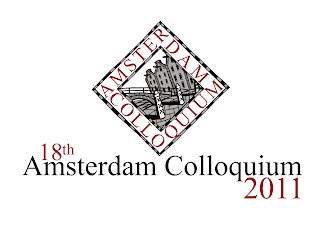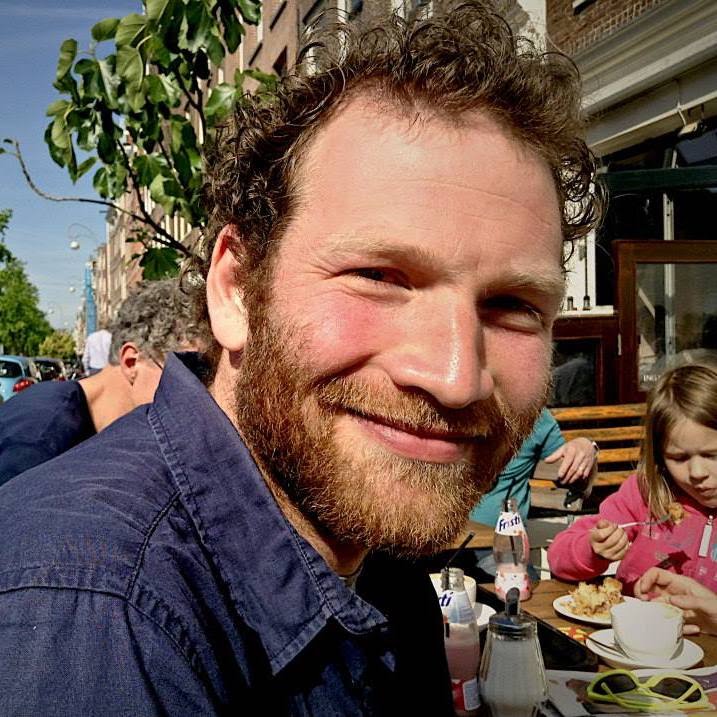Inquisitiveness
– • Amsterdam • Hosted by the Amsterdam Colloquium
Questions and answers are a major topic in semantics and pragmatics, and to some extent in logic and philosophy as well. This interest in inquisitiveness goes beyond the interpretation of questions as such. For example, questions are widely assumed to play a structural role in the analysis of discourse. Likewise, most theories on focus and the interpretation of intonation make a link with the question-answerhood relation. More radically it has been argued that a proper understanding of seemingly purely informative constructions, like disjunctions and conditionals, requires a notion of inquisitiveness as a basic ingredient of meaning. The main aim of this workshop is to investigate the significance of inquisitiveness for semantics, pragmatics, and logic.
People
Information
Questions and question acts
Manfred Krifka, Humboldt-Universität zu BerlinAbstract: I will argue for a distinction between questions as semantic objects (to be modelled, e.g., as sets of propositions) and questions as pragmatic objects or speech acts (to be modelled, e.g., as transitions between obligations). I will consider both embedded questions (e.g., embedding under know vs. wonder) and root questions (e.g., the expression of bias in questions).
Accepted papers
-
Negative inquisitiveness and alternative-based negation (paper)
Robin Cooper and Jonathan Ginzburg -
Free Choice in Deontic Inquisitive Semantics (preproceedings paper)
Martin Aher -
Where Question, Conditionals and Topics Converge (preproceedings paper)
Markus Steinbach and Edgar Onea -
Inquisitive knowledge attribution and the Gettier problem (paper)
Wataru Uegaki



